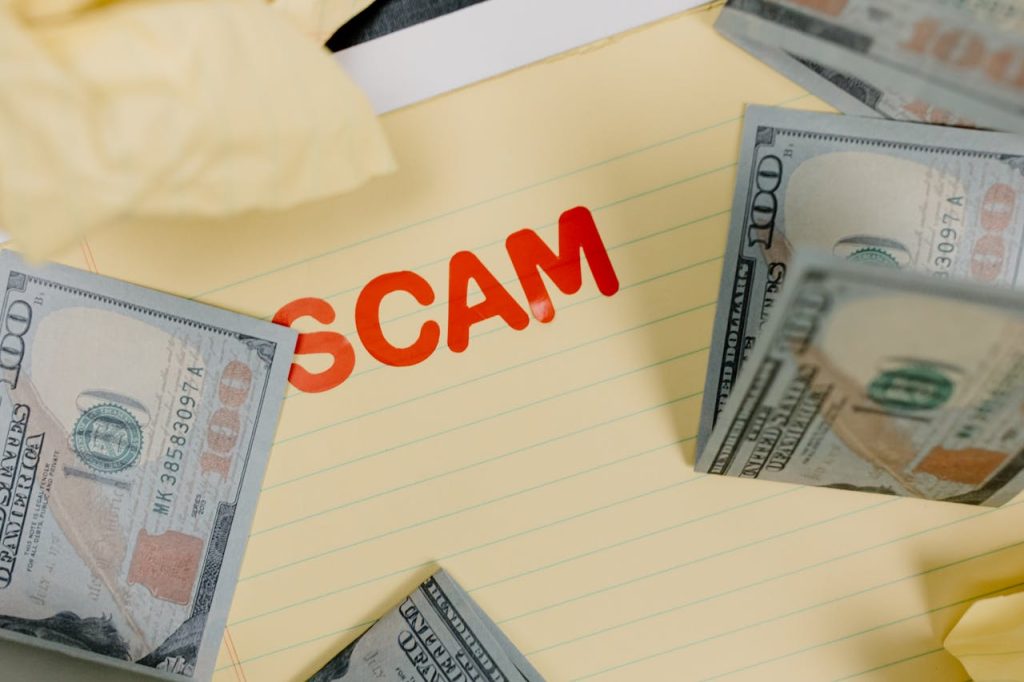
Passwords are the keys to your digital life — from email and social media to banking and work accounts. Weak or reused passwords are one of the most common reasons for data breaches. Yet, many people still rely on “123456” or their pet’s name for every account.
Modern authentication goes beyond just passwords. Multi-factor authentication (MFA) adds an extra layer of security that makes it much harder for attackers to gain access — even if they steal your password.
Why It Matters?
Cybercriminals often rely on human habits: predictable passwords, reuse across platforms, and reluctance to use added security layers. A strong, unique password combined with MFA is one of the easiest and most effective ways to protect your online identity.
Even large-scale data leaks are often traced back to stolen or guessed passwords. Once one account is compromised, attackers often try the same credentials on other platforms — a method known as “credential stuffing.”
Best Practices for Passwords and Authentication
🧠 Use Unique, Strong Passwords
- A strong password should be at least 12 characters long and include a mix of letters, numbers, and symbols.
- Avoid real words, names, or birthdates.
- Never reuse passwords across accounts.
🔐 Read more: Password Security Tips – Which
🧰 Use a Password Manager
- Stores all your passwords in one encrypted vault.
- Helps you generate and use strong, unique passwords for every service.
📖 Reviews: The Best Password Managers – PCMag
🔒 Enable Multi-Factor Authentication (MFA)
- Requires something you know (password) and something you have (e.g. phone, token).
- Even if your password is stolen, MFA adds a second barrier.
🧪 Learn more: MFA Explained – NCSC
👀 Watch Out for Credential Leaks
Change your password immediately if your account has been exposed.
Use tools like Have I Been Pwned to check if your email or password was part of a breach.
Tips for Everyday Use
- Turn on MFA wherever it’s available — especially for email, banking, and cloud storage
- Avoid saving passwords in your browser — use a dedicated password manager
- Don’t share your passwords, even with people you trust
- Use a secure method (e.g. MFA app or hardware key) instead of SMS-based authentication when possible
- Back up your password manager vault regularly (securely!)
Further Resources
Mozilla: Protect your accounts
